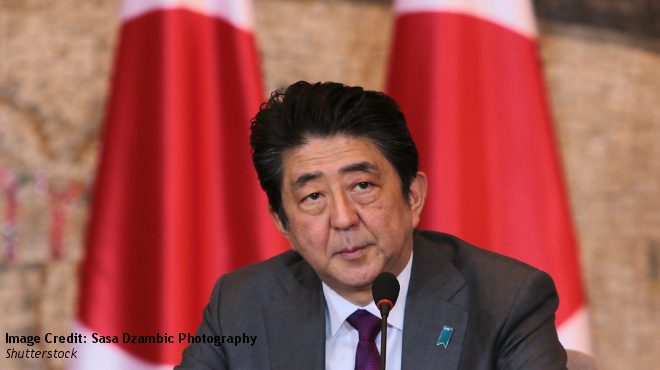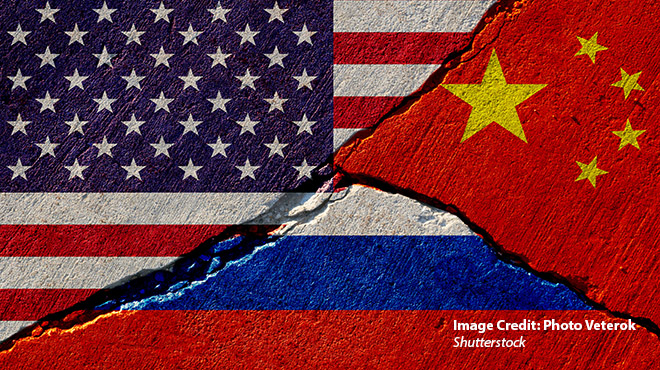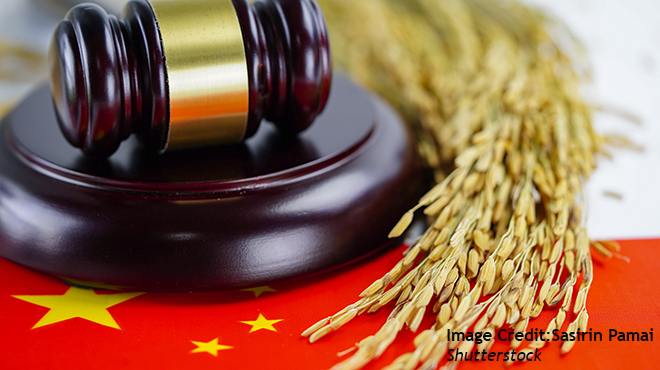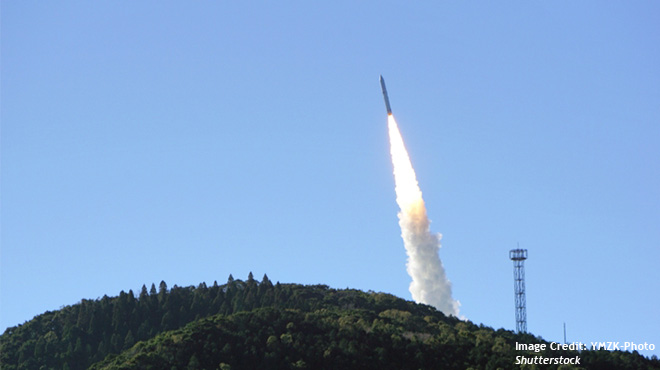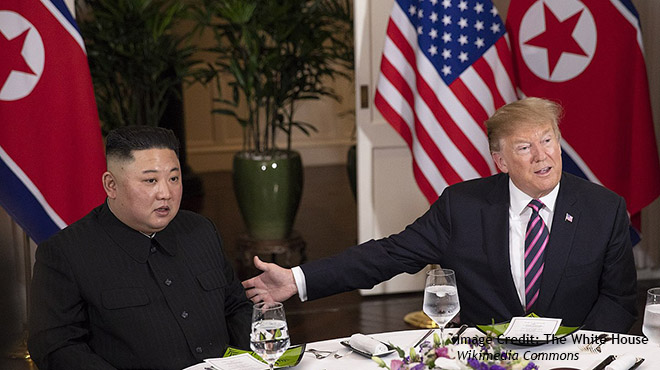Japan’s Emerging Electronic Warfare Capability: A Game Changer in the Electromagnetic Domain?

In March 2020, the Japanese government deployed a cutting-edge vehicle-mounted network electronic warfare system (NEWS) to the Signal School of the Ground Self-Defense Force (GSDF) in Yokosuka, Kanagawa Prefecture. The Ministry of Defense of Japan moreover plans to establish an electronic warfare capability unit of 80 personnel as part of the GSDF at Camp Kengun […]
Read full blog post »
